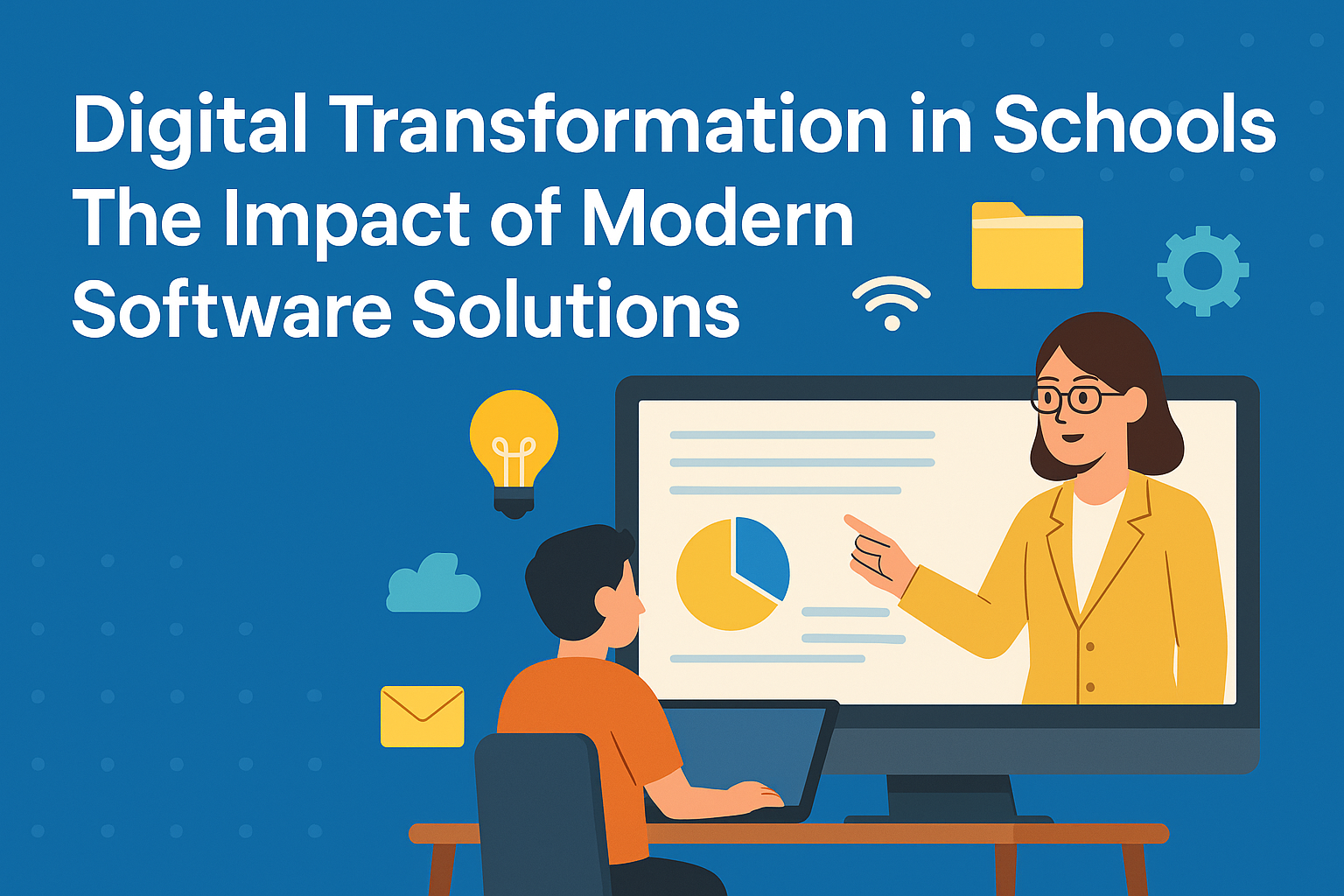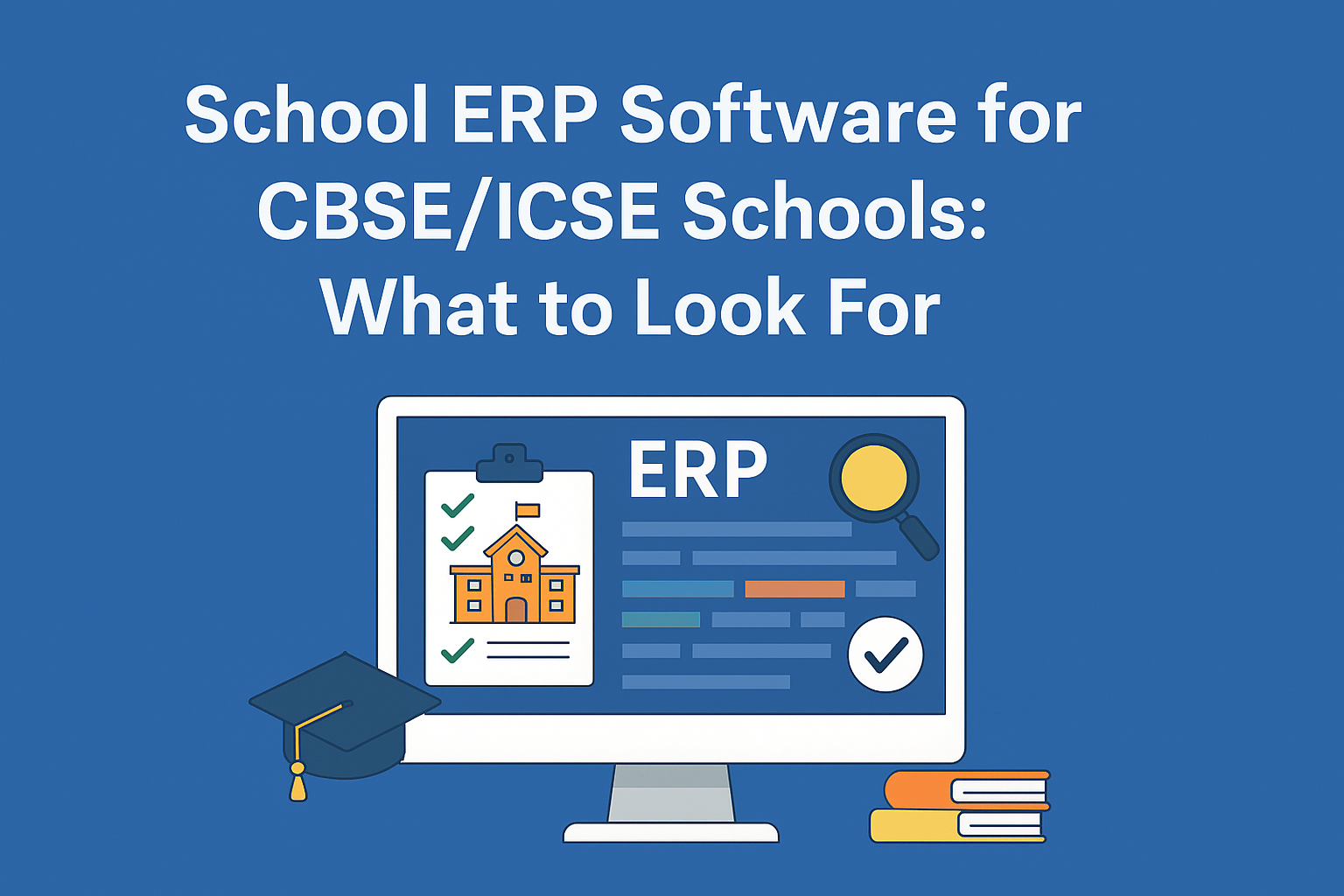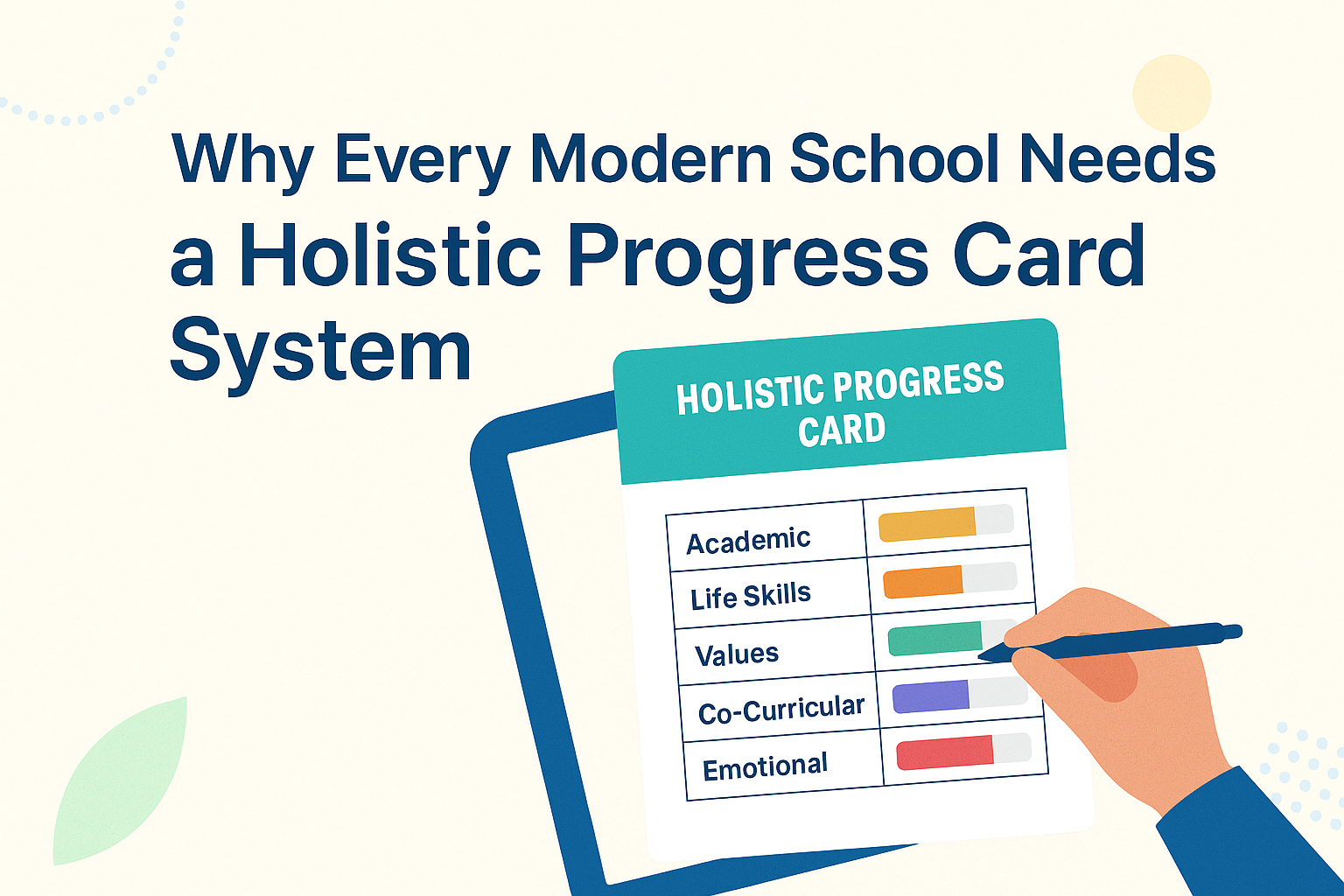The Role of Technology in Shaping Modern Education: A Strategic Guide for School Administrators

Strong 8k brings an ultra-HD IPTV experience to your living room and your pocket.
In today's rapidly evolving educational landscape, technology has become an indispensable tool for school administrators. From streamlining administrative tasks to enhancing communication and improving learning outcomes, the integration of digital solutions is reshaping the way schools operate. This comprehensive guide explores the pivotal role of technology, with a particular focus on School ERP (Enterprise Resource Planning) software, in modern education.
Understanding the Digital Transformation in Education
The digital transformation in education refers to the integration of digital technologies into all aspects of teaching, learning, and administration. For school administrators, this transformation offers opportunities to:
- Enhance operational efficiency by automating routine tasks.
- Improve decision-making through data-driven insights.
- Foster better communication among stakeholders.
- Provide personalized learning experiences for students.
Embracing digital transformation is not just about adopting new tools; it's about rethinking processes to better meet the needs of students, teachers, and the broader school community.
The Rise of School ERP Software
School ERP software is a comprehensive solution designed to manage and automate various administrative and academic processes within an educational institution. Key features typically include:
1. Student Information System (SIS): Centralized database for student records.
2. Attendance Management: Automated tracking of student and staff attendance.
3. Fee Management: Streamlined billing and payment processing.
4. Timetable Scheduling: Efficient planning of classes and exams.
5. Communication Tools: Integrated platforms for messaging between teachers, students, and parents.
By consolidating these functions into a single platform, School ERP systems reduce redundancy, minimize errors, and free up valuable time for educators and administrators.
Benefits of Implementing School ERP Software
1. Operational Efficiency
Automating administrative tasks reduces manual workload and errors. For instance:
- Attendance: Real-time tracking and reporting.
- Admissions: Online application processing and enrollment.
- Examinations: Automated scheduling and result generation.
This efficiency allows staff to focus more on strategic initiatives and student engagement.
2. Data-Driven Decision Making
ERP systems provide access to real-time data and analytics, enabling administrators to:Monitor academic performance trends.
ERP systems provide access to real-time data and analytics, enabling administrators to:
- Monitor academic performance trends.
- Identify areas needing intervention.
- Allocate resources effectively.
- Informed decisions lead to improved educational outcomes and institutional growth.
3. Enhanced Communication
Integrated communication tools facilitate seamless interaction among stakeholders:
- Teachers and Parents: Regular updates on student progress.
- Students and Administrators: Notifications about events and deadlines.
- Staff Collaboration: Efficient internal communication channels.
This transparency fosters a collaborative school environment.
4. Financial Management
ERP software streamlines financial operations by:
- Automating fee collection and invoicing.
- Tracking expenses and budgeting.
- Generating financial reports for audits and compliance.
Effective financial management ensures sustainability and accountability.
5. Scalability and Customization
Modern ERP solutions are scalable to accommodate growing student populations and can be customized to meet specific institutional needs, ensuring long-term adaptability.
Implementing School ERP Software:
1. Needs Assessment
Begin by evaluating the school's specific requirements and identifying pain points in current processes.
2. Stakeholder Involvement
Engage teachers, administrative staff, and IT personnel in the selection and implementation process to ensure the system meets diverse needs.
3. Vendor Evaluation
Choose a reputable ERP provider with experience in the education sector, robust customer support, and a track record of successful implementations.
4. Training and Support
Provide comprehensive training for all users and establish ongoing support mechanisms to address issues and updates.
5. Continuous Evaluation
Regularly assess the system's performance and gather feedback to make necessary adjustments and improvements.
Future Trends in Educational Technology
Artificial Intelligence (AI)
AI is increasingly being integrated into educational tools to personalize learning, automate administrative tasks, and provide predictive analytics for student performance.
Cloud Computing
Cloud-based ERP solutions offer scalability, remote access, and enhanced data security, making them an attractive option for modern schools.
Mobile Accessibility
Mobile-friendly platforms ensure that stakeholders can access information and communicate effectively from any location, promoting flexibility and responsiveness.
Conclusion
The integration of technology, particularly School ERP software, is transforming the educational landscape by enhancing efficiency, transparency, and decision-making. For school administrators, embracing these digital tools is not just a matter of modernization but a strategic imperative to meet the evolving demands of education.
By carefully selecting and implementing the right ERP solution, schools can position themselves for sustained success, improved student outcomes, and a more engaged school community.
Note: IndiBlogHub features both user-submitted and editorial content. We do not verify third-party contributions. Read our Disclaimer and Privacy Policyfor details.







